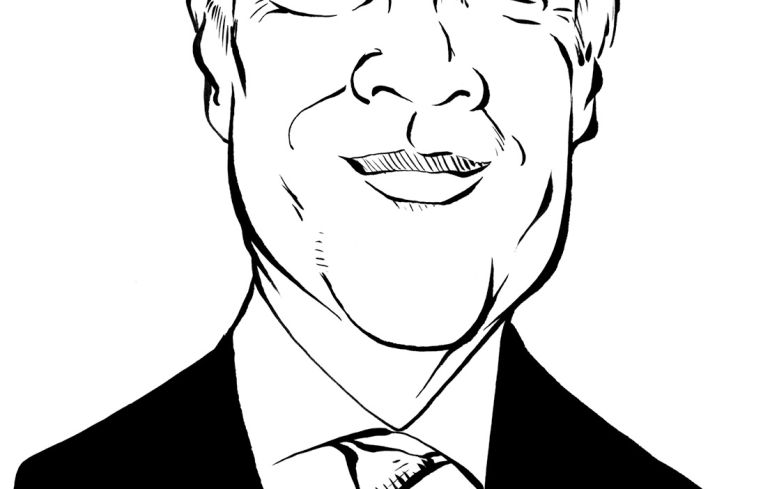Are Those Storm Clouds on the Horizon?
By Dan Gorczycki February 13, 2019 1:35 pm
reprints
It depends on who you ask.
“If I have conclusions based on faulty premises, let me know about that and I’ll be the first one to change it.”—ex-presidential candidate Gary Johnson
The one thing that can be said with certainty is that New York real estate is currently a bifurcated market. Let’s start with the bullish side of the ledger: Office rents are spiking in certain sub-markets. Rockpoint Group attained a rental rate of $195 per square foot for the top two floors at 412 West 15th Street, illustrating tenant appetite for the best space in the market (amazing outdoor space included). Related Companies is successfully leasing space at Hudson Yards as fast as it can get the buildings on line. The last building in Related’s master plan, 50 Hudson Yards with 58 stories including a 300-seat auditorium, won’t come on line for four years but Related already has multiple tenants lined up. Multifamily rental rates in the majority of the city remain strong with Brooklyn’s especially red-hot. And when Amazon announced that it was opening a second headquarters in Queens last month, the euphoria in that borough was deafening.
However, there are certainly pockets of weakness in several areas. Condo sales have seen both a modest price decrease and a slowing of velocity throughout the five boroughs. Retailers are vacating prime Manhattan stores at a rate not seen since 2009. Lord and Taylor recently became the latest retailer to announce that it was closing its flagship store in Manhattan, a trend that Polo Ralph Lauren essentially started 18 months ago. Henri Bendel decided to close not only its flagship store in Manhattan but all of its 23 stores. Meanwhile, as strong as multifamily rentals have been, concessions are rampant for the first time in several years. Through all of this weakness, Chinese capital, which has underpinned the market over the last five years, has been conspicuous by its absence. The way that the U.S. government treated Chinese company HNA (forcing it to sell its position in 850 Third Avenue) has spooked other Chinese investors. Without foreign investment, the high-end market has stagnated.
And if you look outside New York City, those storm clouds are even more menacing. In retail, for example, we saw bankruptcies from Sears and Toys ‘R’ Us, making shopping malls practically unfinanceable. Exacerbating the situation is the volatility in the stock market and the tightening by the Federal Reserve. We can’t ignore the domino effect that the worst December in stock market history will have on the markets. Clearly, some market participants will pause until the market stabilizes after seeing what happened in 2008 after Lehman Brothers’ collapse where the stock market decline affected everything. While there isn’t a perfect correlation between the stock market and the real estate market, it certainly affects everybody’s balance sheet, causes investors to go into “risk off” mode, and could thus cause capitalization rates to rise (and thus values to drop) during 2019. Of course, many will say that this time is different. After all, the last downturn a decade ago was due primarily to an extraneous event that caused investors to panic. The housing crisis, caused by high leverage and no-income check loans, has not been replicated in the current market. A recession also does not appear imminent based on several advance indicators. Therefore, the prediction here is that the market will continue to be bifurcated into the “haves” and “have-nots”. Make sure you know which bucket your property is in.
Dan Gorczycki is a senior director in the debt, joint venture & structured capital group of Avison Young.



